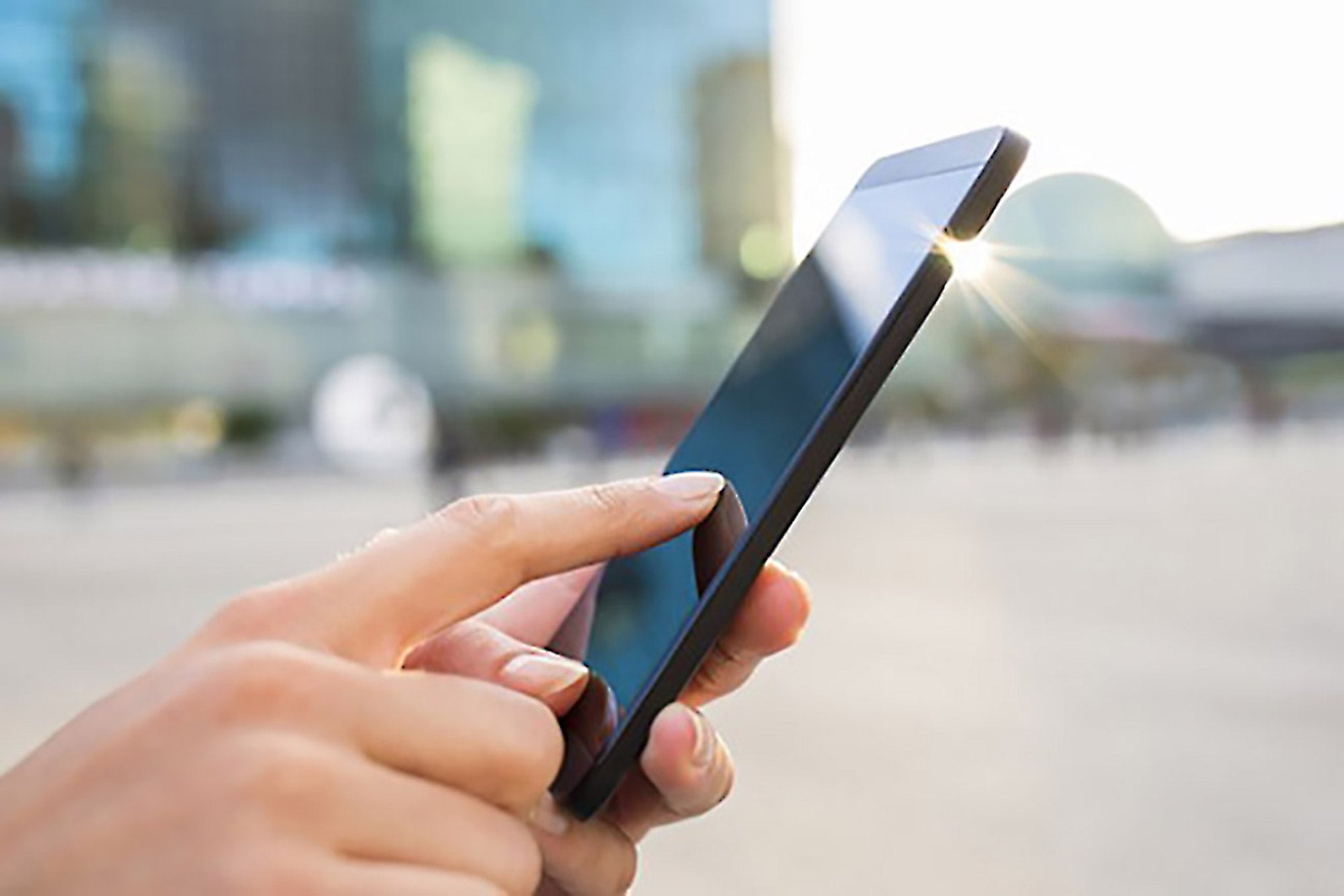New App Lets Public Help Map Disasters, Conflicts and Outbreaks Using the latest in mobile gaming technology, MapSwipe lets users map remote, rural regions vulnerable to humanitarian crises.
By Reuters
This story originally appeared on Reuters

Swiping right or tapping on a mobile phone are not typical ways of helping poor communities, but a new app launched by a medical charity on Friday aims to use technology to help aid workers map areas at risk of conflict, disasters and disease.
Using the latest in mobile gaming technology, MapSwipe lets users map remote, rural regions vulnerable to humanitarian crises.
Hundreds of millions of people in crisis-prone communities are not mapped, Médecins Sans Frontières (MSF) said, and without this data, aid agencies are unable to effectively plan for emergencies.
"If you can't visualize where your patients are when they're in the middle of a cholera outbreak you're missing a huge trick, because you can't predict the behavior of the disease," said MSF's Pete Masters, who helped create the app.
Users will swipe through a series satellite images on their phone, and tap the screen when they see buildings, houses or other signs of human activity.
In essence, the public can help filter out uninhabited areas, such as deserts or bushland, so aid workers can concentrate on mapping places where people actually live.
MapSwipe was developed as part of the Missing Maps Project, a collaboration between MSF, the British and American Red Cross and mapping platform Open Street Map.
Masters, project manager of Missing Maps, said having accurate mapping data before a crisis hits is essential.
"It's not a reaction tool," he said. "What we're really trying to do is identify vulnerable places (with) ongoing, forgotten crises, and map them ahead of time.
"So when the cholera outbreak happens, you're not trying to map it now, you can say, 'Here's the data.' And you can use it immediately."
The app will let users participate in current mapping projects in northern Nigeria, Madagascar and the border region between Sierra Leone, Liberia and Guinea which was hit by the Ebola virus outbreak.
By rewarding users with virtual badges, Masters said he hopes the app will be as engaging as popular mobile games such as Angry Birds, Pokemon Go or Candy Crush.
But ultimately, he said the app is about letting ordinary people participate in humanitarian work, even if they are unable to give money or volunteer on the ground.
"We're trying to provide meaningful engagement for people who have a few minutes to spare," he said. "We don't want to pretend maps save thousands of lives -- doctors save thousands of lives.
"But any increase in the support that we can give to the medical teams in terms of the data they can use ... is an improvement."
(Reporting by Lin Taylor @linnytayls, Editing by Ros Russell; Please credit the Thomson Reuters Foundation, the charitable arm of Thomson Reuters that covers humanitarian issues, conflicts, global land and property rights, modern slavery and human trafficking, women's rights, and climate change. Visit news.trust.org to see more stories)









